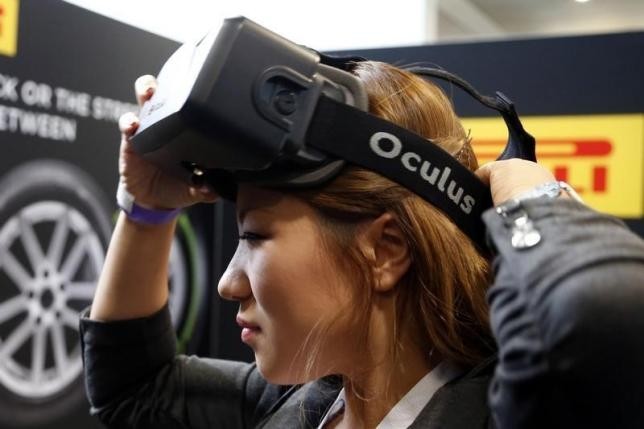China's top video-streaming sites Youku Tudou and iQiyi have started venturing into virtual reality (VR) content, an initiative that could result in a sector reshuffle, the Shanghai-based China Business News reported.
Gu Yongqiang, chair and CEO of the Heyi Group which manages Youku and Tudou, said in an interview on Aug. 16 that the firm is planning to feature VR content that could push the growth of VR gear, which is gaining popularity in the sector.
Heyi partnered with Insta360, a video production firm, and recorded its Tudou Festival held in Shanghai on Aug. 15-16 in a 360-degree video, which will be accessible for viewing with VR headsets by October, the report said.
Gu's corporation also mentioned plans to spend 10 billion yuan ($1.6 billion) in generating its own content, including VR content.
Online video-streaming pioneer YouTube has begun offering users the option to upload their VR content earlier this year, the newspaper added.
Heyi's main competitor iQiyi announced last year that developing VR content is already in the pipeline, but it has not been promoted yet.
Tang Xing, iQiyi's chief technology officer, said that video services are bound to innovate from 3D to VR and hologram due to consumers' demand for better picture and sound quality. The firm has a leading position in this area, he added.
VR gear attracted users' interest upon Facebook's acquisition of top VR headset maker Oculus in March 2014, while Microsoft, Google, Samsung and Sony all ventured into the area, the newspaper said.
Baofeng Mojing, ANTVR and 3Glasses are just some of the companies engaged in VR device development.
Heyi and iQiyi have both expressed preference to outsource the VR headset production to external suppliers for the meantime.
An industry source said that the VR sector still lacks content and offers poor user experience. It still requires some time to mature and gain popularity.
Analysys International, a market research firm, project VR gear sales in China to reach 180 million yuan ($28.1 million) this year and more than 2.1 billion yuan ($328 million) in 2017.
CEO of Chinese VR gear manufacturer Virglass Chen Zhaoyang said that VR equipment will turn into a consumer product with 10 million shipments a year, when the device is reduced to the size of goggles and a content environment has been set up.



























